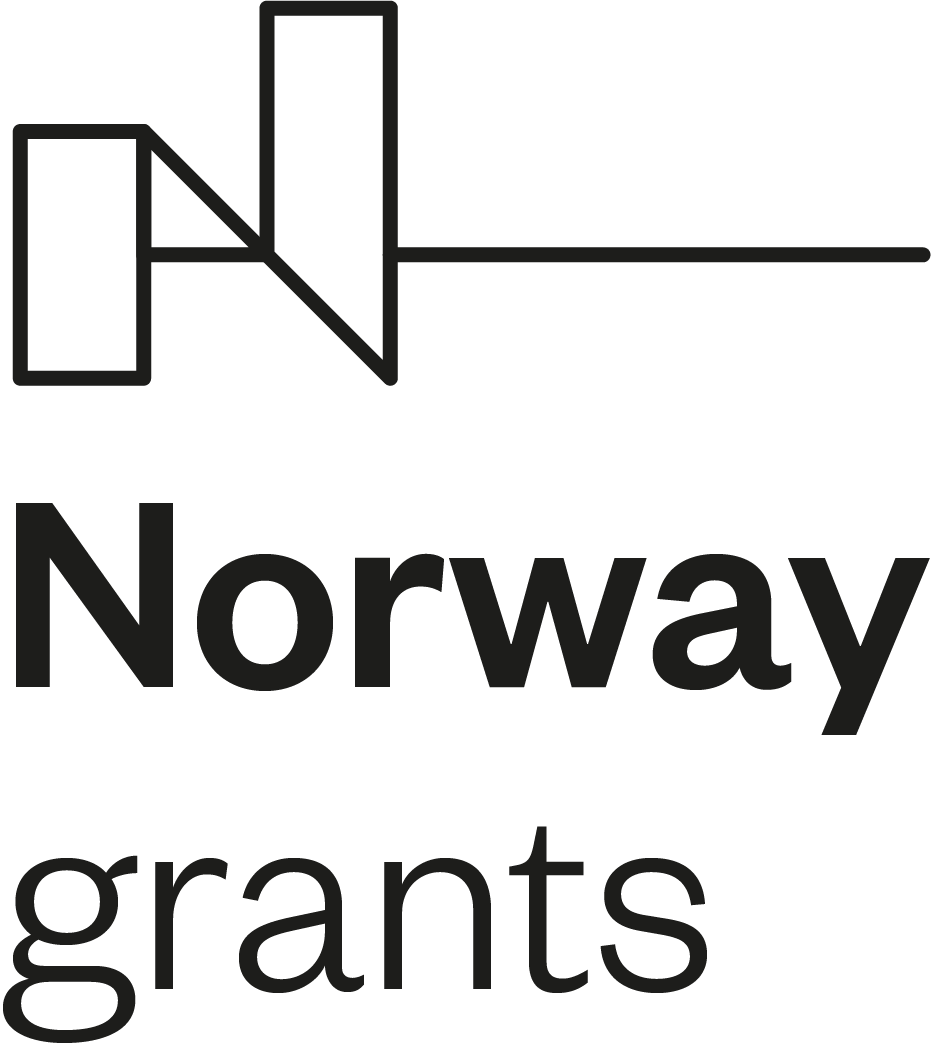What is Mutual Trust in cross-border relations
The relevant EU principles are::
- Area of freedom, security and justice (art. 67 TFEU);
- Judicial cooperation in criminal, civil and commercial matters;
- Equivalent standards for protection of human rights;
- Mutual recognition of court decisions between EU member states;
The mutual trust depends on:
- good understanding of different national legal systems;
- good understanding of EU mechanisms for safeguarding the rights of suspects and accused, victims and third person;
- common minimum standards permanently interpreted by the CJEU;
BUT:
- In practice: misunderstandings, delays, differences in the implementation of EU law, especially in areas of fundamental rights, such as detention conditions, the length of pre-trial detention, the rights of victims and children.
- Expectations for support the law, to obey the same EU principles and to work toward the same goal.
- Relations with colleagues with the equal rank from EU MSs are maintained.
The Proposal on a computerized system for communication in cross-border civil and criminal proceedings, named e-CODEX system, could provide:
- digitalization of justice
- speed up the cooperation
- efficiency of law
Whether these innovations will strengthen the trust between magistrates in EU MSs?
Our proposal for new ethical rule
Judicial activities and responsibilities in cross-border cases should be performed in line with the protection and enhancement of the mutual trust between competent authorities of EU Member states.
Bibliography on Mutual Trust in cross-border relations
-
Judicial Ethics, ENCJ Report 2009-2010
-
Council Conclusions on ‘Promoting mutual recognition by enhancing mutual trust, 2018
-
The way forward in the field of mutual recognition in criminal matters, Outcome of the 3697th Council meeting, Justice and Home Affairs, 6 and 7 June 2019
-
Council Conclusions 6926/21 Boosting Training of Judicial Professionals, Council of EU, 2021
-
European Convention on Mutual Assistance in Criminal Matters, CoE, 1959
-
Second Additional Protocol to the European Convention on Mutual Assistance in Criminal Matters, CoE, 2011
-
Proposal for a Regulation on a computerised system for communication in cross-border civil and criminal proceedings (e-CODEX system), and amending Regulation (EU) 2018/1726
-
Regulation (EU) No 1215/2012 on jurisdiction and the recognition and enforcement of judgments in civil and commercial matters
-
Council Regulation (EC) No 44/2001 on jurisdiction and the recognition and enforcement of judgments in civil and commercial matters
-
Council Act (2000/C 197/01) on Mutual Assistance in Criminal Matters between the Member States of the European Union
-
European union instruments in the field of criminal law and related texts, Council of the EU, December 2009
-
Gert Vermeulen, Wendy De Bondt, Charlotte Ryckman, Rethinking international cooperation in criminal matters in the EU, Moving beyond actors, bringing logic back, footed in reality, DG Justice,2012, ISBN 978-90-466-0487-8
-
Proposal for a Regulation of the European Parliament and of the Council on European Production and Preservation Orders for electronic evidence in criminal matters
Bibliography on Mutual Trust in cross-border relations
- Judicial Ethics, ENCJ Report 2009-2010
- Council Conclusions on ‘Promoting mutual recognition by enhancing mutual trust, 2018
- The way forward in the field of mutual recognition in criminal matters, Outcome of the 3697th Council meeting, Justice and Home Affairs, 6 and 7 June 2019
- Council Conclusions 6926/21 Boosting Training of Judicial Professionals, Council of EU, 2021
- European Convention on Mutual Assistance in Criminal Matters, CoE, 1959
- Second Additional Protocol to the European Convention on Mutual Assistance in Criminal Matters, CoE, 2011
- Proposal for a Regulation on a computerised system for communication in cross-border civil and criminal proceedings (e-CODEX system), and amending Regulation (EU) 2018/1726
- Regulation (EU) No 1215/2012 on jurisdiction and the recognition and enforcement of judgments in civil and commercial matters
- Council Regulation (EC) No 44/2001 on jurisdiction and the recognition and enforcement of judgments in civil and commercial matters
- Council Act (2000/C 197/01) on Mutual Assistance in Criminal Matters between the Member States of the European Union
- European union instruments in the field of criminal law and related texts, Council of the EU, December 2009
- Gert Vermeulen, Wendy De Bondt, Charlotte Ryckman, Rethinking international cooperation in criminal matters in the EU, Moving beyond actors, bringing logic back, footed in reality, DG Justice,2012, ISBN 978-90-466-0487-8
- Proposal for a Regulation of the European Parliament and of the Council on European Production and Preservation Orders for electronic evidence in criminal matters




